Rudradaman's Junagarh inscription throws light on Chandragupta's irrigation policy and Asoka' Inscriptions tell us about his law of Piety (Dhamma) and help us to form an idea of the extent of his empire and the contemporary development of art Some Inscriptions also throw light an Ashoka's administrationAll this is based on Ashoka's inscriptions If we rely on the Buddhist tradition, it would appear that he sent missionaries for the propagation of Buddhism to Sri Lanka and Central Asia, and there is inscriptional evidence to support Ashoka's initiatives to propagate Buddhism in Sri Lanka As an enlightened ruler, Ashoka tried to enlarge his sphere of influence through propaganda · The Ashoka's inscriptions (Stone Edicts) leave the message of love with mankind and all living creatures It exhorted people to live with peace Might is not the ultimate solution to any problem, as it ends in destruction and ruthless killings Question 12
Why Is Rummandei Inscription Of Ashoka Ruler Is Famous Quora
Ashoka s inscription
Ashoka s inscription- · Ashoka`s Inscriptions Ashoka`s inscriptions occupy a prominent place in the history of ancient India These inscriptions can be divided into three categories rock edict, pillar edicts, and cave inscriptions Ashoka's Inscriptions provide enough knowledge about the1311 · Ashoka's inscriptions on stone monuments have been found in northwestern Pakistan and eastern Afghanistan, western India (Gujarat and Maharashtra), southern India (Karnataka and Andhra Pradesh), and eastern India (Orissa), demonstrating a network of administrative control radiating outwards from Pataliputra These inscriptions were written in various dialects of Prakrit



India And The World As Viewed From A Pillar Of Ashoka Maurya
About Press Copyright Contact us Creators Advertise Developers Terms Privacy Policy & Safety How works Test new features Press Copyright Contact us Creators · However Ashoka's inscriptions have also been found in Greek and the Aramaic language of the First Persian Empire The most famous ones include the Kandahar Bilingual Rock Inscription, written in Greek and Aramaic, the Kandahar Greek Edict of Ashoka, the KAI 273 in Takshashila and the Laghmann I inscription;Ashoka's First Rock inscription at Girnar 1 BelovedoftheGods, King Piyadasi, has caused this Dhamma edict to be written1 Here (in my domain) no living beings are to be slaughtered or offered in sacrifice Nor should festivals be held, for BelovedoftheGods, King Piyadasi, sees much to object to in such festivals, although there are some festivals that BelovedoftheGods,
The Pillar Inscriptions particularly refer to Ashoka's measures for the propagation and spread of Dhamma Of the Pillair Inscriptions, the Seven Pillar Inscriptions are particularly, popular Probably, because of the inscription of seven edicts, they were known as Seven Pillar Inscriptions However, it is worthy to hpte that all the seven edicts are found engraved only on Delhi , ToparaPrinsep's inscription proved to be a series of edicts issued by a king calling himself "BelovedoftheGods, King Piyadasi" In the following decades, more and more edicts by this same king were discovered and with increasingly accurate decipherment of their language, a more complete picture of this man and his deeds began to emerge Gradually, it dawned on scholars that the · Ashoka's inscriptions carved on rocks and stone pillars consulate the second set of dated historical records Some of the inscriptions state that in the aftermath of the destruction resulting from the war against the powerful kingdom of Kalinga (Orissa), Ashoka renounced bloodshedand started following a policy of nonviolence or Ahimsa His sense of toleration for
Ashoka builds and cultivates a community of change leaders who transform institutions and cultures so they support changemaking for the good of society Find out more about us, and join the worldwide network of changemakers2906 · The Edicts of Ashoka are 33 inscriptions engraved on pillars, large stones, and cave walls by Ashoka the Great (r 2632 BCE), the third king of the Mauryan Empire ( BCE) of IndiaOne set, the socalled Major Rock Edicts, are consistent in their message that the people should adhere to the concept of Dhamma, defined as "right behavior", "good conduct" andThe Ashoka's inscriptions (Stone Edicts) leave the message of love with mankind and all living creatures It exhorted people to live with peace Might is not the ultimate solution to any problem, as it ends in destruction and ruthless killings Concept Sources of the Mauryan Empire



The Edicts Of Ashoka The Great World History Encyclopedia



Kandahar Bilingual Rock Inscription Wikipedia
· Bilingual Rock Inscription Expresses gratification over Ashoka's policy Click on the link Summary of Ancient Indian Dynasties and their contributions Pillar Edicts Asoka's 72415 · Easily share your publications and get them in front of Issuu's millions of monthly readers Title A study on Ashoka's inscriptions with the special focus onASHOKA'S INSCRIPTIONS The earliest inscriptions in India are the Edicts of Ashoka Thus, Ashoka was called as the father of inscription The most authentic source of Mauryan history is the edicts of Ashoka Most of his inscriptions were engraved on rocks, boulders, cave walls and pillars of stone Their language is Pali with provincial



Ashoka Biography History Religion India Buddhism Britannica



Edicts Of Ashoka Wikipedia
The Ashoka Library contains an edition of Ashoka's inscriptions ordered into ten types 1 as seen in the menu on the left The texts and translations are so far based upon Hultzsch (1925) Input of texts and images was undertaken by Jens Braarvig and completed in May 14 Matthew D Milligan has reread and corrected the texts The site will also publish the rest of the known inscriptionsThe later two being written in Aramaic Main · In 1923 the discovery of the Maski inscription confirmed the identification, as it includes Ashoka's name As the inscriptions are basically his commands and directions, they are known as edicts



Edicts Of Ashoka Wikipedia



Edicts Of Ashoka Wikipedia
After his accession to the throne, Ashoka fought only one major war called the Kalinga war According to him, 100,000 people were killed in the course of it, several lakhs died, and 150,000 were taken prisoners The war caused greatBuddha's word Ashokan Inscriptions (Rock Edicts) James Prinsep, a British antiquary and colonial administrator was the first person to decipher Ashoka's edicts These Ashoka's inscriptions are the first tangible evidence of Buddhism They were kept in public places and along trade routes so that the maximum number of people would read them More than religious discourses, theyThanks for reading In which of the following relief sculpture inscriptions is 'Ranyo Ashoka' (King Ashoka) mentioned along with the stone portrait of Ashoka?
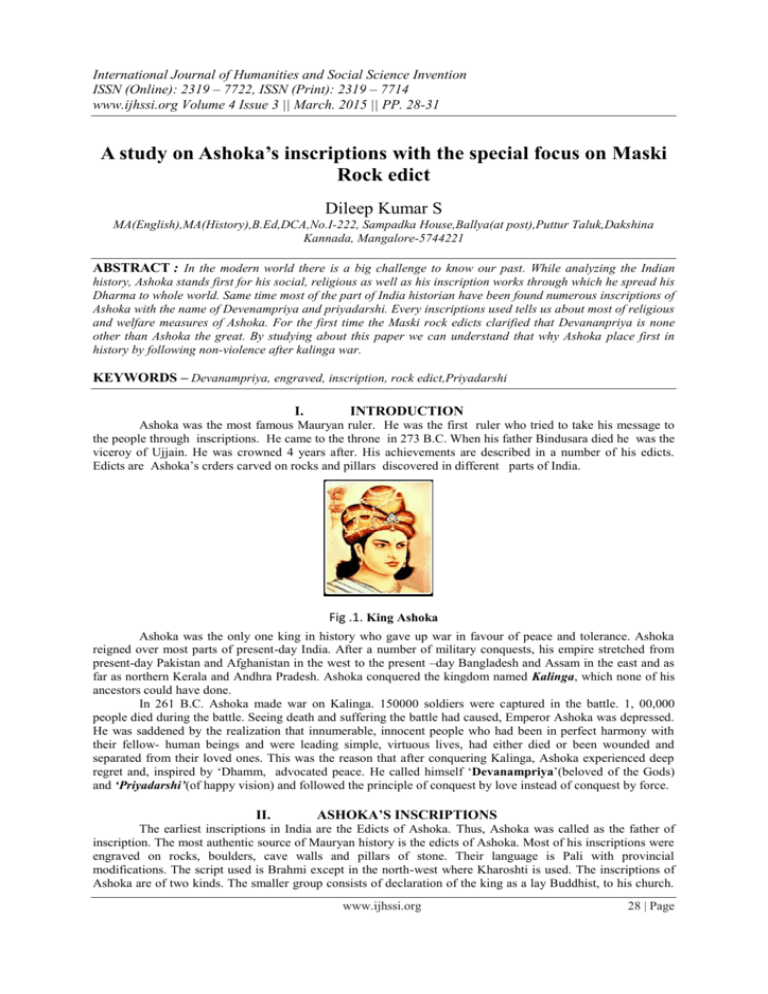


A Study On Ashoka S Inscriptions With The Special Focus On
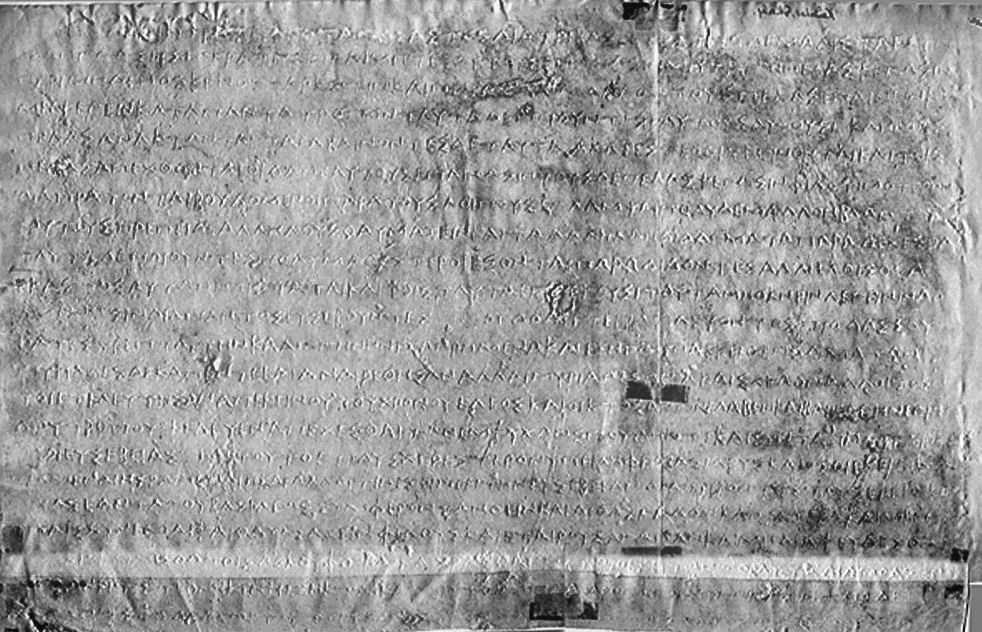


Kandahar Greek Edicts Of Ashoka Wikipedia
'English Ashoka Inscriptions Nigali Sagar pillar inscription The inscription, made when Emperor Asoka visited the site in 249 BCE and erected the pillar, reads Brahmi script and Pali language Devanam piyena piyadasin lajina chodasavasa bhisitena Budhasa Konakamanasa thubedutyam vadhite Visativa sabhisitena –cha atanaagachamahiyite silathabecha usa papite · These Ashoka's inscriptions are the first tangible evidence of Buddhism They were kept in public places and along trade routes so that the maximum number of people would read them More than religious discourses, they talk about the moral duties of the people, how to conduct life, Ashoka's desire to be a good and benevolent ruler, and Ashoka's work towards thisAshoka's inscriptions seen in India are majorly written in PāliPrakrit language The language is confirmed since the Buddhist text Tripitika is written in Pāli and the Jain texts are in Prakrit language As is well known Ashoka's inscriptions were first deciphered by James Prinsep in 16 Prinsep was more interested in deciphering the inscriptions and understanding the message,



Edicts Of Ashoka Wikipedia



India Ashoka S Edicts Britannica
A Major Rock edict at Girnar B Minor Rock inscription at Maski C Bairat inscription D Lamghan inscription Answer There are total 33 inscriptions (text/writing) on pillars, boulders and cave walls made by Emperor Asoka during his rule, spread across his whole kingdom These inscriptions were made9 What was Ashoka's dhamma?10 Write about The Rampurwa bull 11 Identify the parts of Ashoka's message to his subjects that you think are relevant today 12
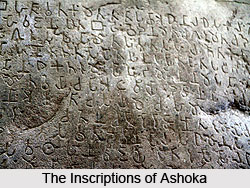


Ashoka S Inscriptions In South India



Edicts Of Ashoka Wikipedia
Ashoka's edicts are mainly concerned with the reforms he instituted and the moral principles he recommended in his attempt to build a fair and humane society They are unable to give us much information about his life The inscriptions on rocks reveal the steps taken by Ashoka for the propagation of his "Law of Piety"Recent Posts ⌚ Editor's · Kandahar Inscription Bilingual Greek, Aramaic inscription;



Ashoka Edicts In Junagadh Pali Inscriptions By Emperor Ashoka10 Year Itch India Travel Portal



Dhamma Ashoka S 4 Way Moral Code Is The Need Of The Hour
· Ashoka's inscription describing the Kalinga war This is what Ashoka declared in one of his inscriptions "Eight years after becoming king I conquered Kalinga New questions in Social Sciences 1What was the legal frame ordered issued by pervez musharraf in 02 ?2 what is the approximate requirement of calories ?3 Name the mineral element that is needed for theKalinga War Ashoka's Dhamma Ashoka's Inscriptions Ashoka's place in History In English Kalinga War Ashoka's Dhamma Ashoka's Inscriptions Ashoka's · The inscriptions and edicts of Asoka refer to a collection of 33 inscriptions on the Pillars of Asoka, as well as boulders and cave walls, made by the Emperor Asoka during his reign from 272 to 231 BC dispersed throughout the areas of modernday Pakistan, Nepal and India



Ashoka Pillar The Proof Of Buddha S Birthplace In Lumbini Nepal Established By The Great King Ashoka In About 245 The Inscr Nepal Ashoka Pillar Pillars



18 Ashoka Edicts Pillars With Inscriptions Ideas Archaeological Site Pillars Ashoka Pillar
For the pillar in Delhi also known as Ashoka pillar, see Iron pillar of Delhi The pillars of Ashoka are a series of monolithic columns dispersed throughout the Indian subcontinent, erected or at least inscribed with edicts by the Mauryan Emperor Ashoka during his reign from c 268 to 232 BCEDescribe Ashoka's inscription describing the Kalinga war How did the Kalinga war bring about a change in Ashoka's attitude towards war?At the command of King Ashoka Whatever vision I have, I want to see carried out in practice and fulfilled by proper means And I regard giving instruction to you as the principle means to this end For you are placed over thousands of beings for the purpose of earning the people's affection All people are as my children
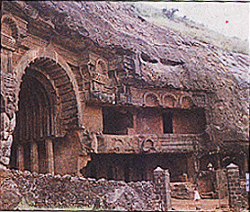


King Ashoka His Edicts And His Times



Edicts Of Ashoka Human Rights Evolution
3011 · The history of Ashoka is reconstructed on the basis of his inscriptions, thirtynine, in number, that are classified into Major Rock Edicts, Minor Rock Edicts, Separate Rock Edicts, Major Pillar Edicts, and Minor Pillar Edicts Here, we have covered important Major Rock Edicts their location and importance · Ashoka`s Inscriptions in South India There are a collection of 33 inscriptions or the Edicts of Ashoka Often cited as one of India's greatest emperors, Ashoka reigned over most of presentday India after a number of military conquests He was internationally known as Ashoka the Great of the Mauryan Dynasty of North IndiaRummindei Inscription – Nepal To commemorate the birthplace of the Buddha Ashoka visited Lumbini, worshipped here and gave tax concessions to the villagers Sannati



Greek Asia Bilingual Greek And Aramaic Inscriptions By King Ashoka



18 Ashoka Edicts Pillars With Inscriptions Ideas Archaeological Site Pillars Ashoka Pillar
· The inscriptions throw light on Ashoka's career, his external and domestic polices, and the extent of his empire Impact of the Kalinga War; · The inscription has nine lines written in Brahmi of Ashoka's period The language is Magadhan Prakrit as mentioned by K K Thaplyal Only MRE1 is found at this site There is some controversy about this find The authenticity of the inscription is questioned by Tripathi, Upadhyay and Kumar, all from Banaras Hindu University They say that the←Previous « Prev Post Next→ Next Post » s Ancient History, Ashoka, Buddhism, History, Indian History, Inscription, UPPSC 19 No comments Post a comment What you have to say about this?
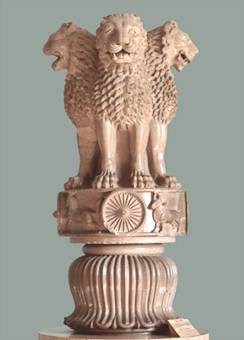


Bibliotheca Polyglotta
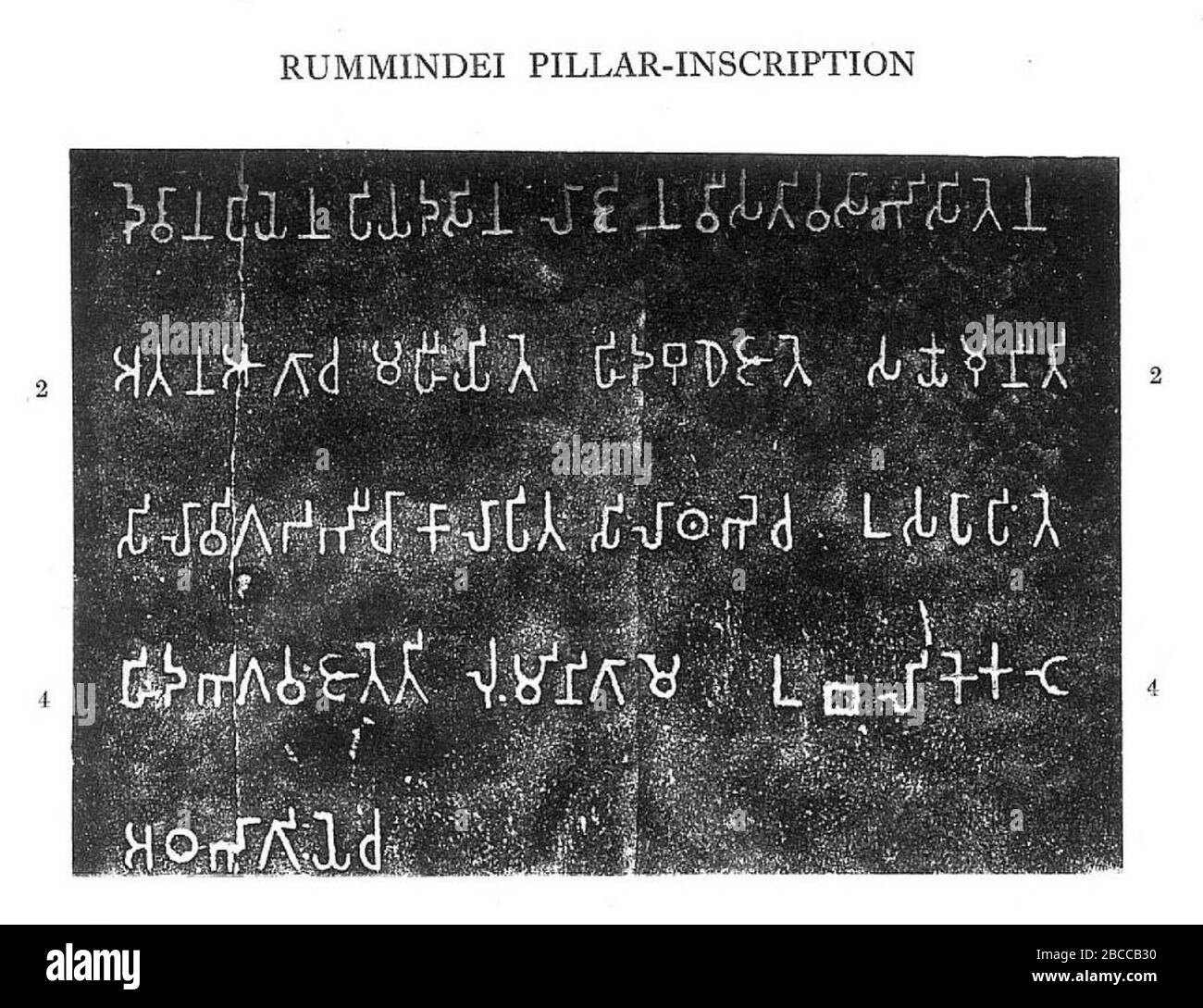


Ashoka Inscription High Resolution Stock Photography And Images Alamy
Which of the following inscriptions of Ashoka mentioned the name Ashoka?That Ashoka's inscriptions do not directly refer to Buddhist concepts shows that his dhamma was not an active propagation of Buddhism, but this does not change the fact that it had a Buddhist core The similarities between Ashoka's dhamma and the tenets of the upasaka (or layfollower's) dhamma in the Sigalavada Sutta of the Buddhist canon have been noted Linkages can also be · The Edicts of Ashoka are in total 33 inscriptions written on the Pillars, boulders and cave walls of Mauryan Period, during the reign of the Emperor Ashok that are dispersed throughout the Indian Subcontinent covering India, Pakistan and Nepal These inscriptions are divided into three broad sections –



Maurya Empire Ashoka 321 To 185 B C Wbpscupsc



1 903 Ashoka Photos Free Royalty Free Stock Photos From Dreamstime
2415 · Easily share your publications and get them in front of Issuu's millions of monthly readers Title A study on Ashoka's inscriptions with the special focus on · Ashoka's main aim in these inscriptions was to appeal to the people of his empire and the future generations His appeal was to follow the great moral truths and those moral truths were his own feelings His feelings are a part of his spiritual history after the Kalinga war And he wanted the future generation to know it as well Transcription Devānaṁpiye āha sātirekāṇiWhenever an independent land is conquered, lakhs of people die, and many are taken prisoner Brahmins and



The Truth About Ashoka



Edicts Of Ashoka Wikipedia
Ashoka's own inscriptions are the earliest selfrepresentations of an imperial power in the Indian subcontinent However, these inscriptions are focused mainly on the topic of dhamma, and provide little information regarding other aspects of the Maurya state and society2907 · Barabar Hill Cave Inscription Barabar Caves were the favor of Ashoka to the Ajivika Monks However, Ashoka's father Bindusara in his last days inclined toward the Ajivika sect Bhabru Edicts Ashoka's conversion to Buddhism and his reverence for this religion James Princep in 17, first deciphered the Ashokan EdictsNigali Sagar Inscription – Nepal To record the first enlargement of stupa and later Ashoka's visit to the site;
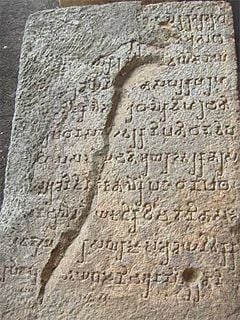


Indian Inscriptions New World Encyclopedia



The Pillars Of Ashoka Smarthistory
2121 · Ashoka was recent of Syrian king 'Antiochus II', and another Yavan king talked about in 'Inscription No 8' This means that Ashoka reigned within the late 3rd century BC However, his coronation's actual date is unknown Ashoka reigned 40 years, so throughout the coronation, he should have been a younger man Coronation (Raajyaabhishek) In Hindi Bindusaar kee 16 · Ashoka's Inscription Describing The Kalinga War "Eight years after becoming king I conquered Kalinga (ancient name of coastal Orissa) About a lakh and a half people were captured And more than a lakh of people were killed This filled me with sorrow Why?33 Ashoka's inscriptions are a valuable contemporary source of information on the political ideas and practice of this king, as well as for the history of the Maurya dynasty and empire The contents of these inscriptions have formed the basis of several historical debates For instance, Ashoka's emphasis on nonviolence, especially his pacifistic anti‑war stance, has been cited by some scholars as a reason for the weakening of the military backbone of the Maurya empire Ashoka's


Edicts Of Ashoka Easystudy Blogs



Moved Blown Up Restored The Journey Of An Asokan Inscription At The British Museum The Wonder House



India Ashoka And His Successors Britannica
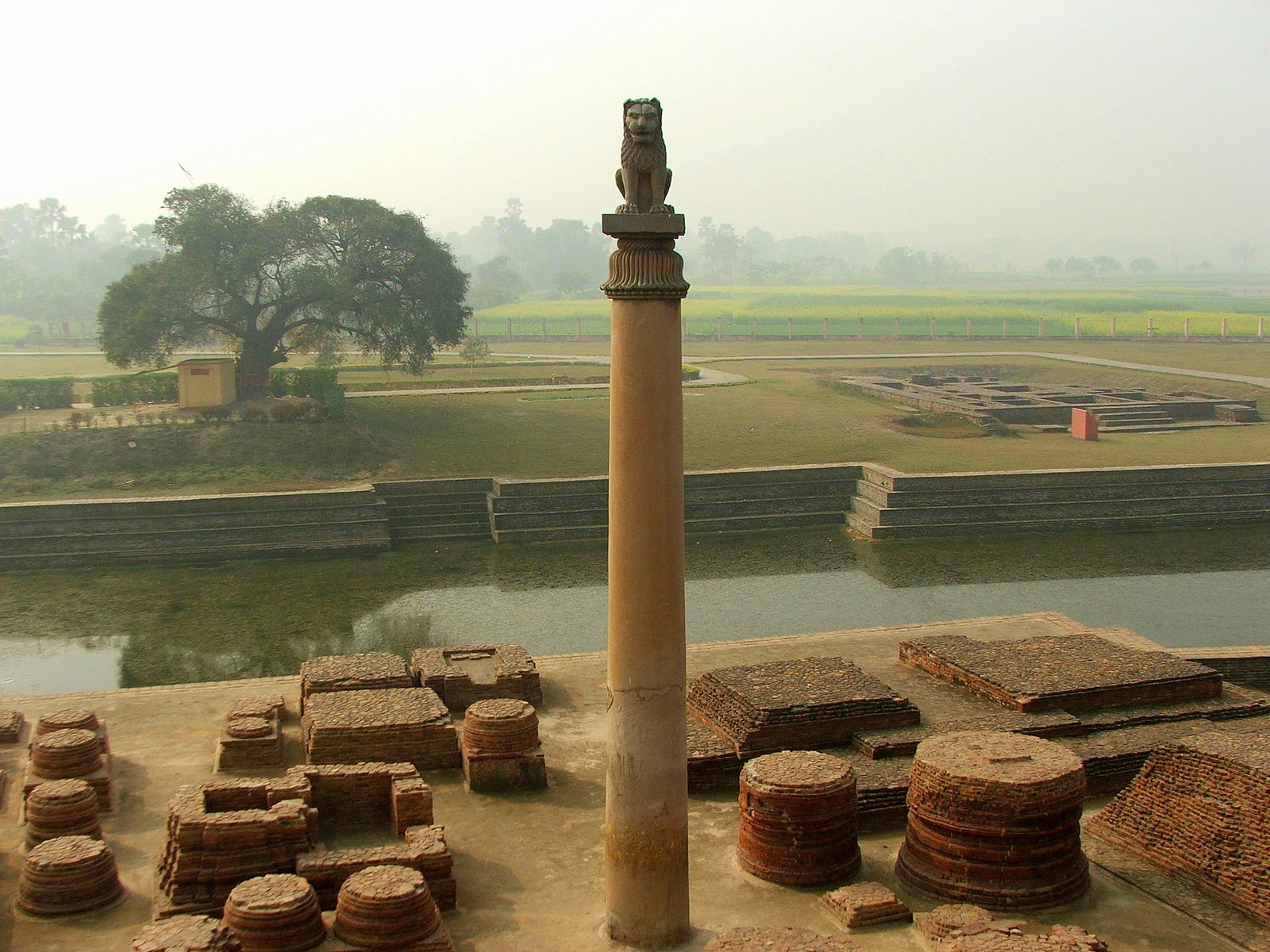


The Pillars Of Ashoka Smarthistory



Edicts Of Ashoka Wikipedia



Ashoka Wikiwand



Ashoka Rock Edict Of Kalsi Uttarakhand Youtube



190 Emperor Ashoka Photos Free Royalty Free Stock Photos From Dreamstime
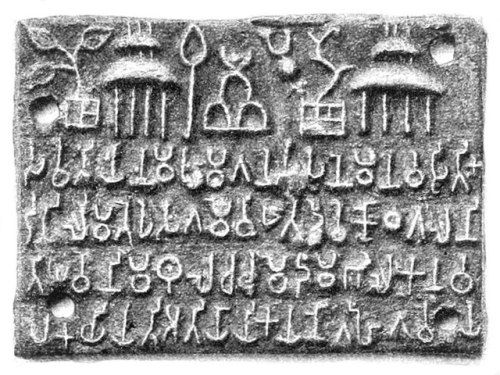


Ancient India The Soghaura Inscription From Northern India Created In The Mauryan Empire 3rd Century e This Copper Plate Perhaps Part Of Emperor Ashoka S Empire Wide Inscription Campaign Praises The Founding
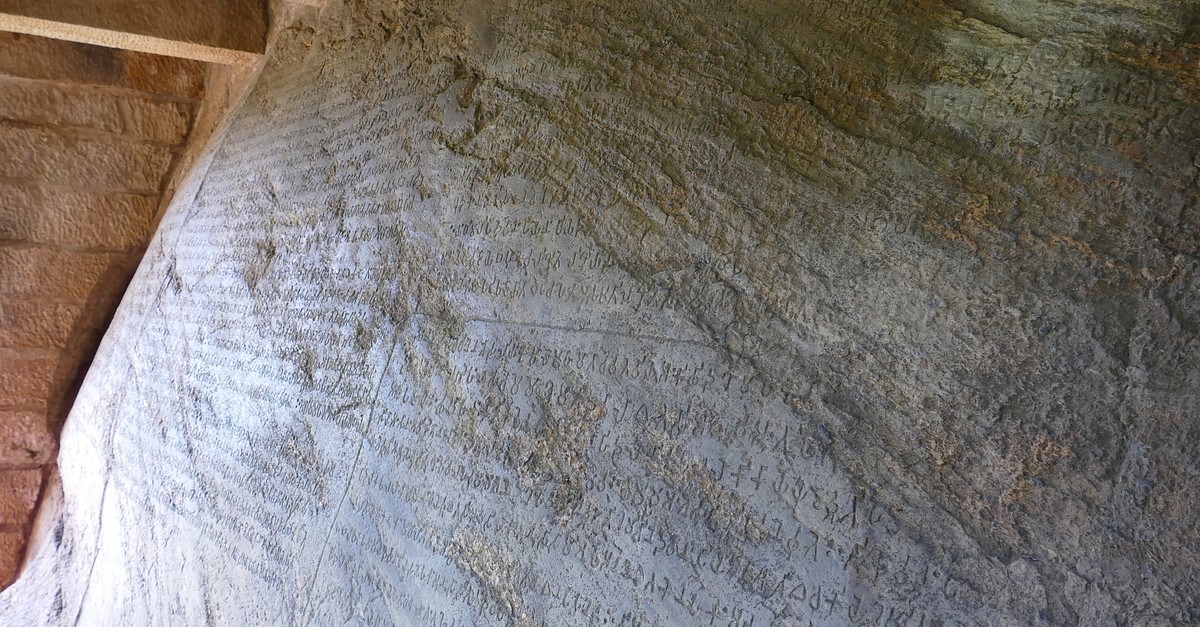


The Edicts Of Ashoka The Great World History Encyclopedia



A Lesson In Religious Tolerance From Ancient India Letters The Guardian
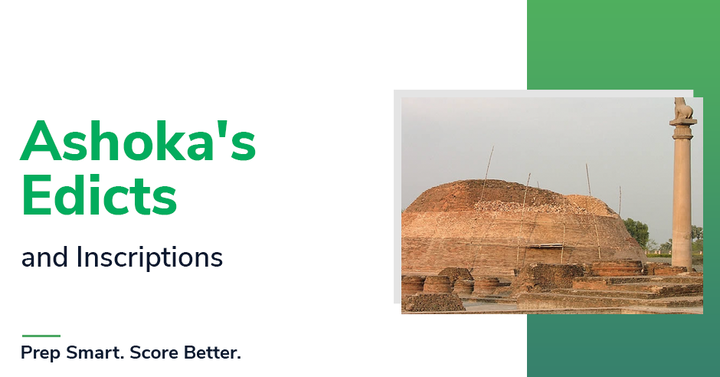


Ashoka S Edicts And Inscriptions Other State Exams



India And The World As Viewed From A Pillar Of Ashoka Maurya
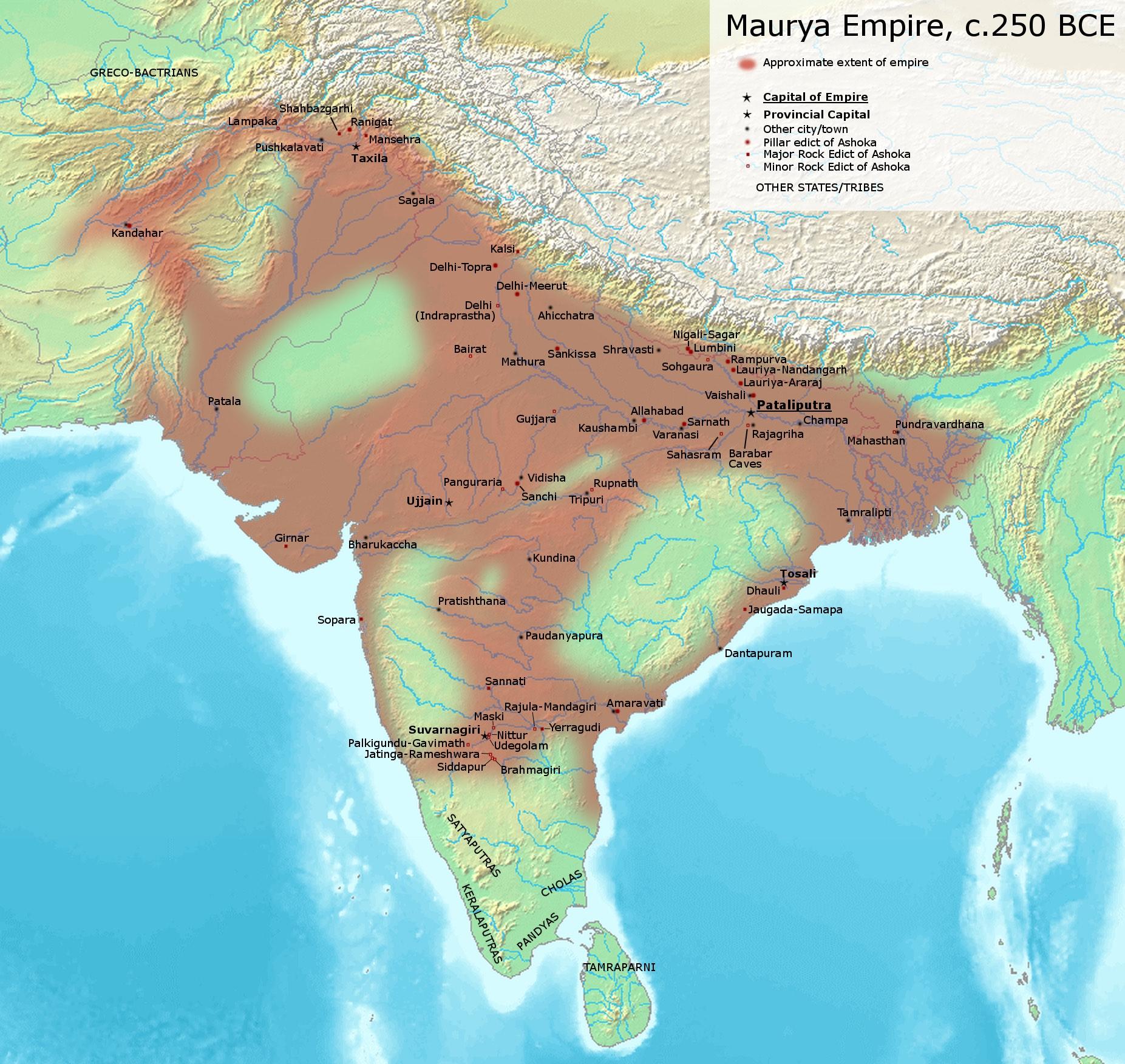


The Edicts Of Ashoka World Heritage Journeys Buddha



The Mauryan Empire Ashokan Inscription Youtube



Tnpsc Ashoka S Inscriptions Dhamma In Tamil Offered By Unacademy



Ias Ashoka Inscriptions And Edicts He Was The First Ruler To Issue Edicts Maximum Number Of Inscription Has Been Discovered From Mysore First Ashokan Edict Was Discovered By Padre Tie



File Barabar Caves Inscriptions Of Ashoka Jpg Wikimedia Commons


Precious Than Gold The Maski Rock Edict Of Ashoka Way Of Bodhi



The Ashokan Rock Edict At Kalsi Dehradun The Site Of Asoka S Inscriptions At Kalsi The Only Place In North India Wher Royal Kitchen Buddha Life Ancient India



Dharma Ashoka Ashoka Family Tree Ashoka The Great Was Facebook
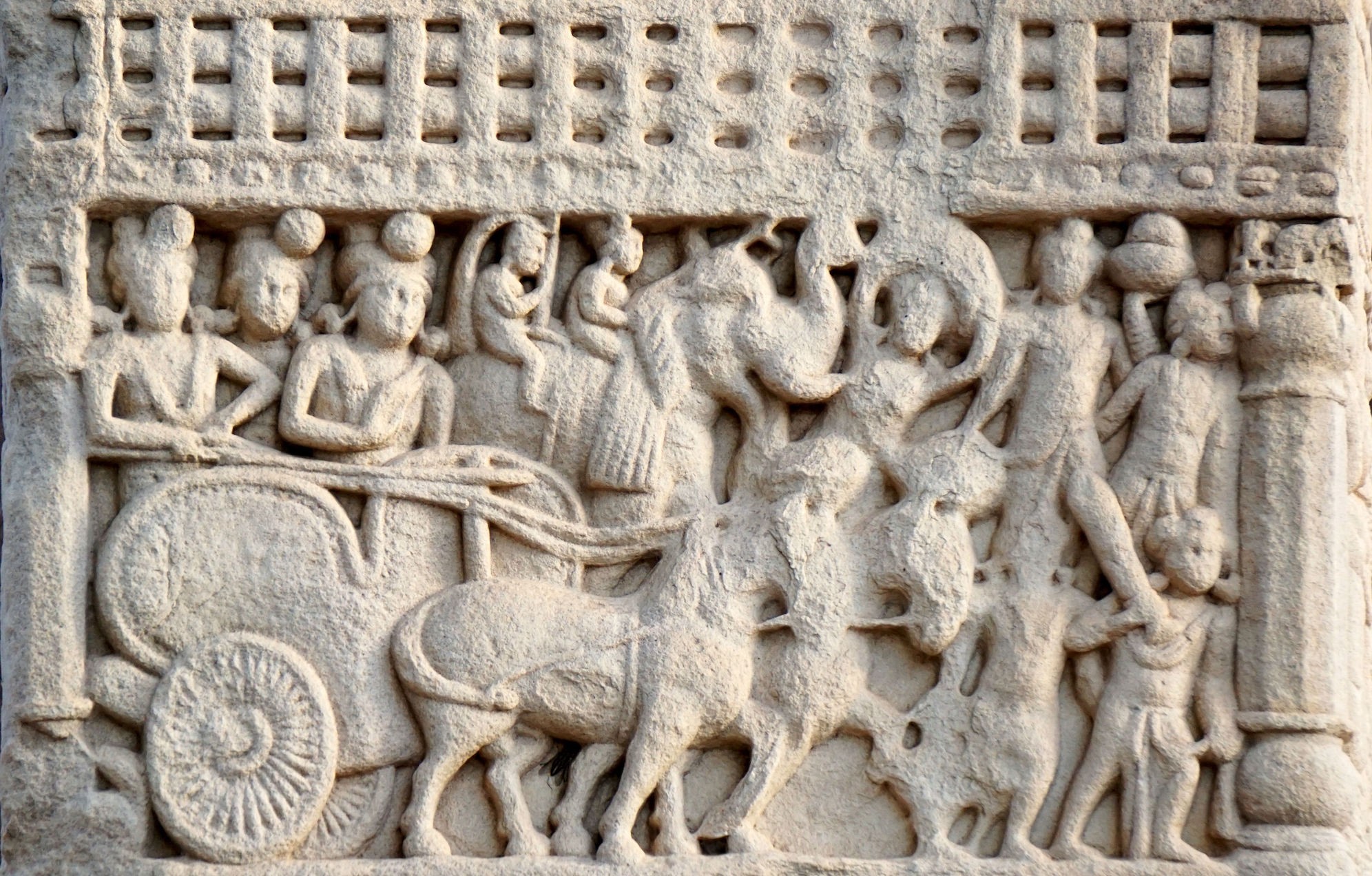


The Edicts Of Ashoka World Heritage Journeys Buddha


List Of Edicts Of Ashoka Easystudy Blogs
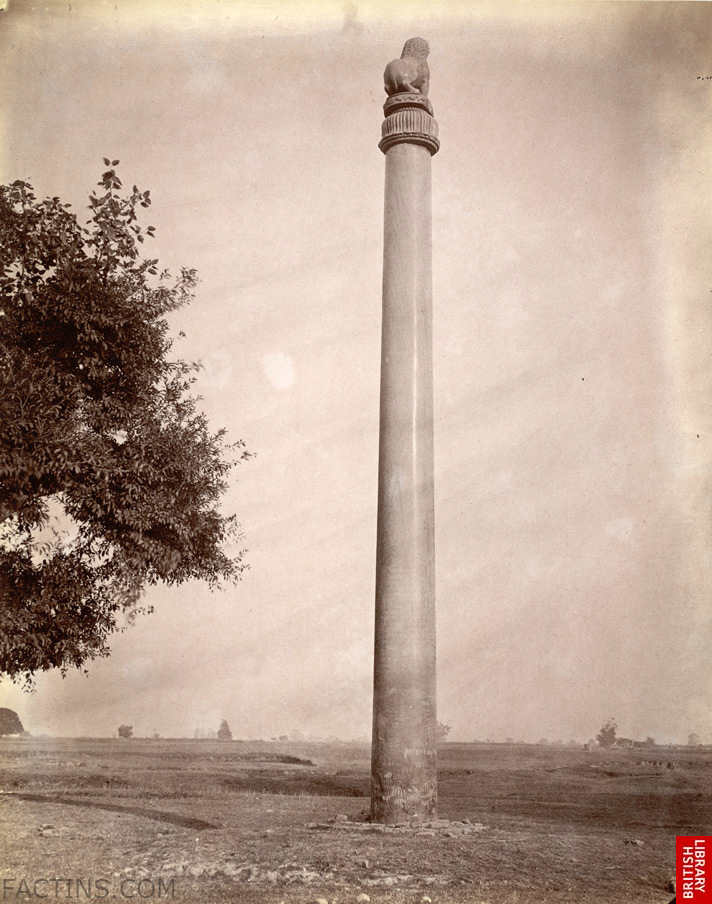


Interesting Facts About Ashoka Pillar Inscription Factins



Edicts Of Ashoka Wikipedia



Ashoka From Guilty To Great 269 e 232 e
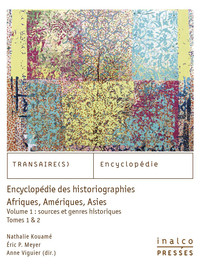


Encyclopedie Des Historiographies Afriques Ameriques Asies Inscriptions Of Ashoka Presses De L Inalco
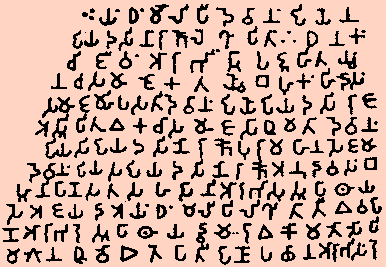


King Ashoka His Edicts And His Times



Ashoka Wikiwand



India Ashoka S Edicts Britannica
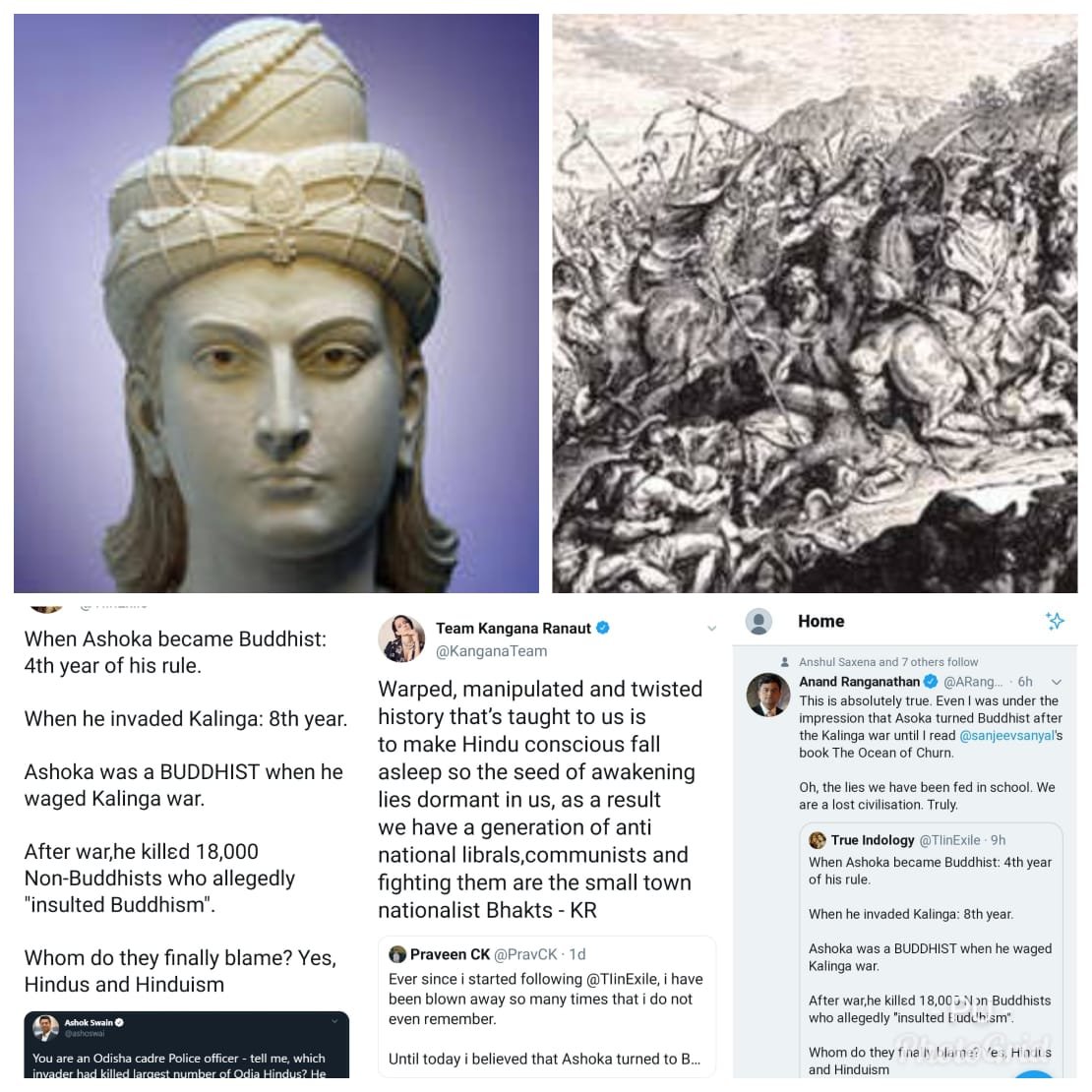


The Myth Regarding Emperor Ashoka An Attempt To Malign Hinduism Kreately



Journeys Across Karnataka The Nine Rock Edicts Of Samrat Ashoka In Karnataka



Rock Editcts Of Emperor Ashoka Sermon In Stone Navrang India



Republic Day Why Ashoka India S First Emperor Is Still Worth Reading
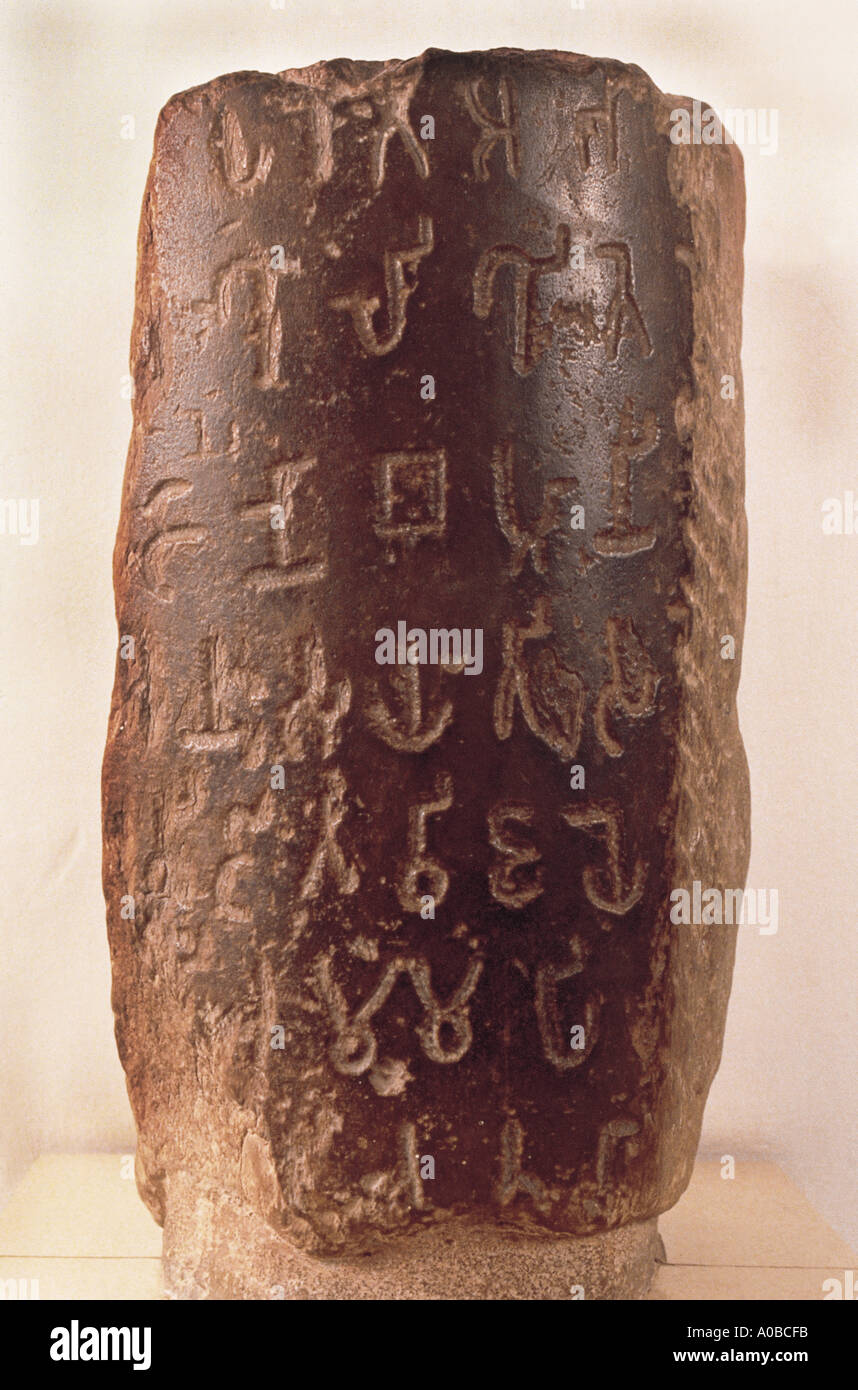


Page 4 Ashoka Pillar High Resolution Stock Photography And Images Alamy
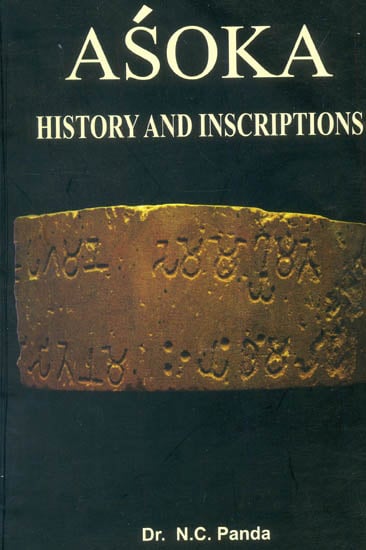


Asoka History And Inscriptions



Edicts Of Ashoka Wikipedia



Write An Introduction To Asoka Inscriptions Explaining Contain Language And The Objectives Ashoka Indian Religions



Republic Day Why Ashoka India S First Emperor Is Still Worth Reading



Edicts Of Ashoka Wikipedia



Ashoka S Inscription Rock Edicts Explained For All Exams 14 Major Rock Edicts Ashoka Chakra Youtube
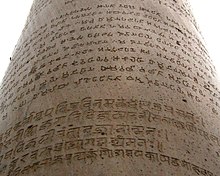


Edicts Of Ashoka Wikipedia



Discovering Emperor Ashoka The Maski Inscription



Edicts Of Ashoka Alchetron The Free Social Encyclopedia



File Ashoka Inscriptions Queen S Edict Jpg Wikimedia Commons
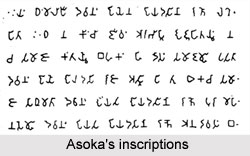


Ashoka S Inscriptions



Ashoka S Rebirth And Rediscovery At Dhauli Kevin Standage



Ashoka S Inscription Rock Edicts Explained For All Exams 14 Major Rock Edicts Ashoka Chakra Youtube



Ashokan Dhamma Research Papers Academia Edu


Ancient India
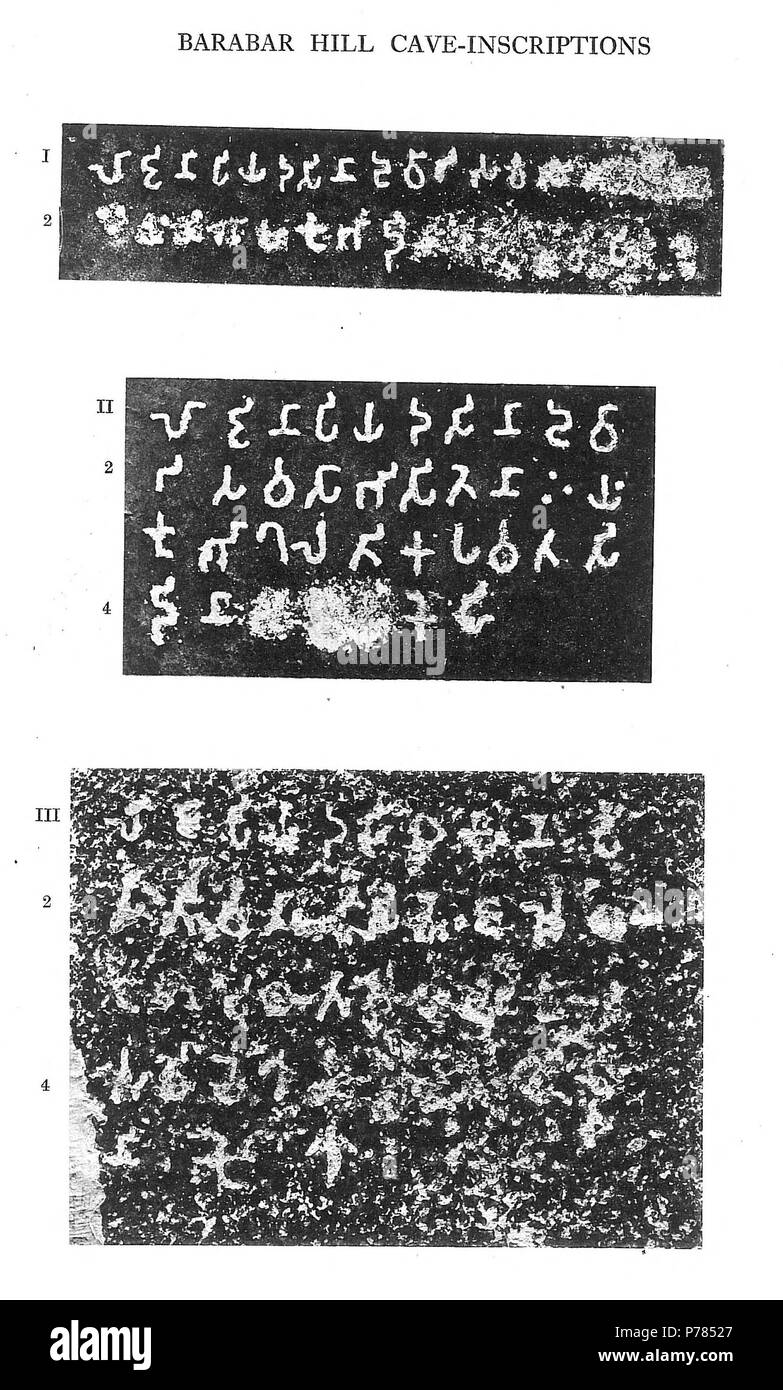


Ashoka Inscription High Resolution Stock Photography And Images Alamy


Why Is Rummandei Inscription Of Ashoka Ruler Is Famous Quora



File Allahabad Pillar Relative Positions And Sizes Of Ashoka Inscriptions Jpg Wikimedia Commons


Precious Than Gold The Maski Rock Edict Of Ashoka Way Of Bodhi



Ashoka The Not So Great
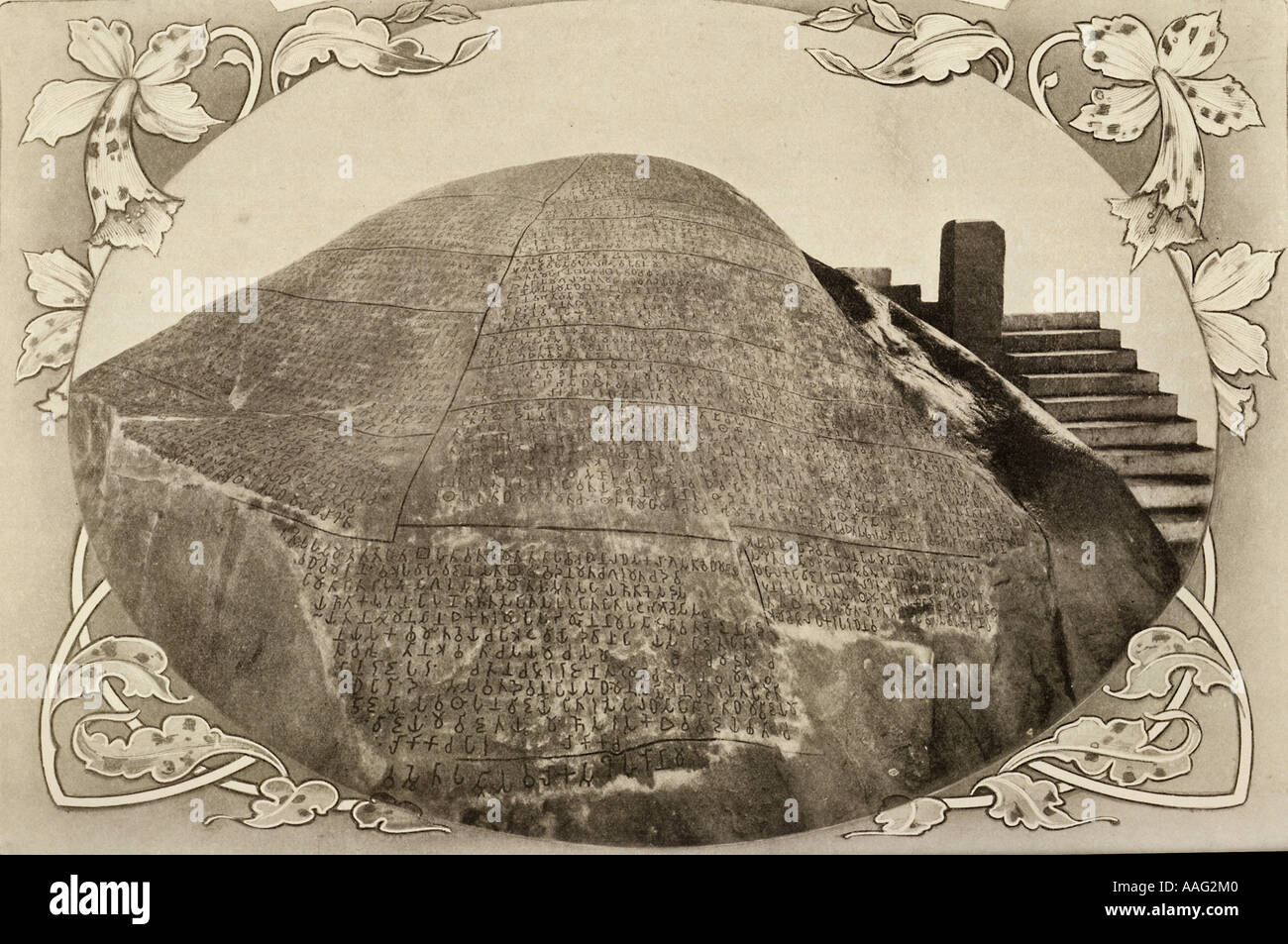


Ashoka Inscription High Resolution Stock Photography And Images Alamy



Discovering Emperor Ashoka The Maski Inscription



Major Rock Edicts Wikipedia



File Ashoka Inscriptions Nigali Sagar Pillar Inscription Jpg Wikimedia Commons
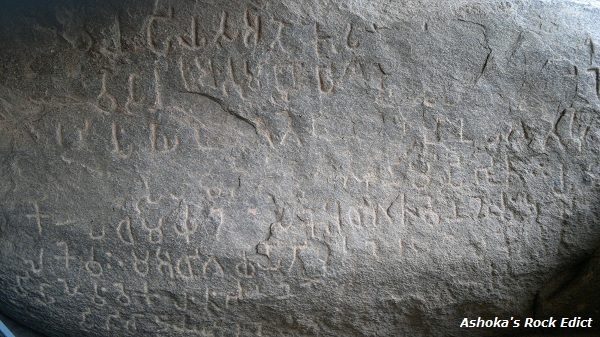


Kalinga War And Its Impact Tutorialspoint



Where Is The Place Where The Ashoka Inscription Was Found Quora



Ashoka S Inscription About Kalinga War Class 6 History Ashoka The Emperor Who Gave Up War Youtube



Journeys Across Karnataka Ashokan Minor Rock Edict Of Gavimath Koppal
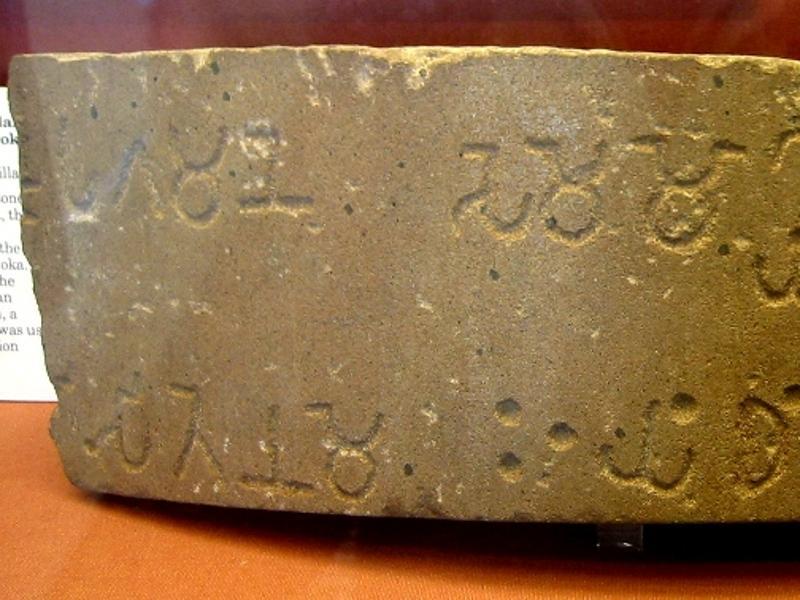


This Excerpt From A Book Demolishes Ashoka S Reputation As Pacifist Hindustan Times



The Edicts Of Ashoka The Great World History Encyclopedia



Ashoka S Major Rock Edicts Alchetron The Free Social Encyclopedia



Ashoka S First Rock Edict At Girnar



Edicts Of Ashoka Wikipedia



Edicts Of Ashoka The Story Of India Photo Gallery Pbs



File Saru Maru Ashoka Inscription Jpg Wikimedia Commons


What Can Be Said About Ashoka S Inscriptions Quora



0 件のコメント:
コメントを投稿